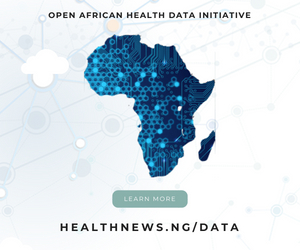As the deadly Ebola virus outbreak in the Democratic Republic of Congo continues, with the first cases emerging in neighbouring Uganda this week, the European Union (EU) has announced further emergency funding of €3.5 million, of which €2.5 million is for Uganda and €1 million for South Sudan.
In a statement gotten by healthnews.africa, the EU said the aid package will strengthen rapid detection and reaction to Ebola cases. Today’s funding comes on top of the €17 million in EU funding for Ebola response since 2018 in the Democratic Republic of Congo and prevention and preparedness actions in Uganda, South Sudan, Rwanda and Burundi.
Christos Stylianides, Commissioner for Humanitarian Aid and Crisis management and EU Ebola coordinator said: “We are doing all we can to save lives and stop further Ebola cases. Today, our main task is not only to help the Democratic Republic of Congo, but also assist neighbouring countries like Uganda. Here, our funding is helping with surveillance, work with local communities, and boosting local capacities for these countries to take timely and effective action. We are committed to continue our assistance to bring this outbreak to an end, for as long as it takes.”
In co-ordination with other international donors and in line with the World Health Organisation’s Regional Strategic Ebola Response and Preparedness Plans, EU funding is contributing towards measures that include mainly:
- the strengthening of disease surveillance at community level, health facilities and points of entry (border crossing points);
- the training of rapid response teams;
- the training of healthcare and frontline workers on contact-tracing, infection prevention and control measures, psychosocial support, and safe and dignified burials;
- local capacity-building by equipping medical treatment facilities; and
- community awareness-raising.
“EU humanitarian health experts in the Democratic Republic of Congo, in Uganda and in the region are coordinating and they are in daily contact with the health authorities in these countries, the World Health Organisation and operational partners,” EU stated.

















